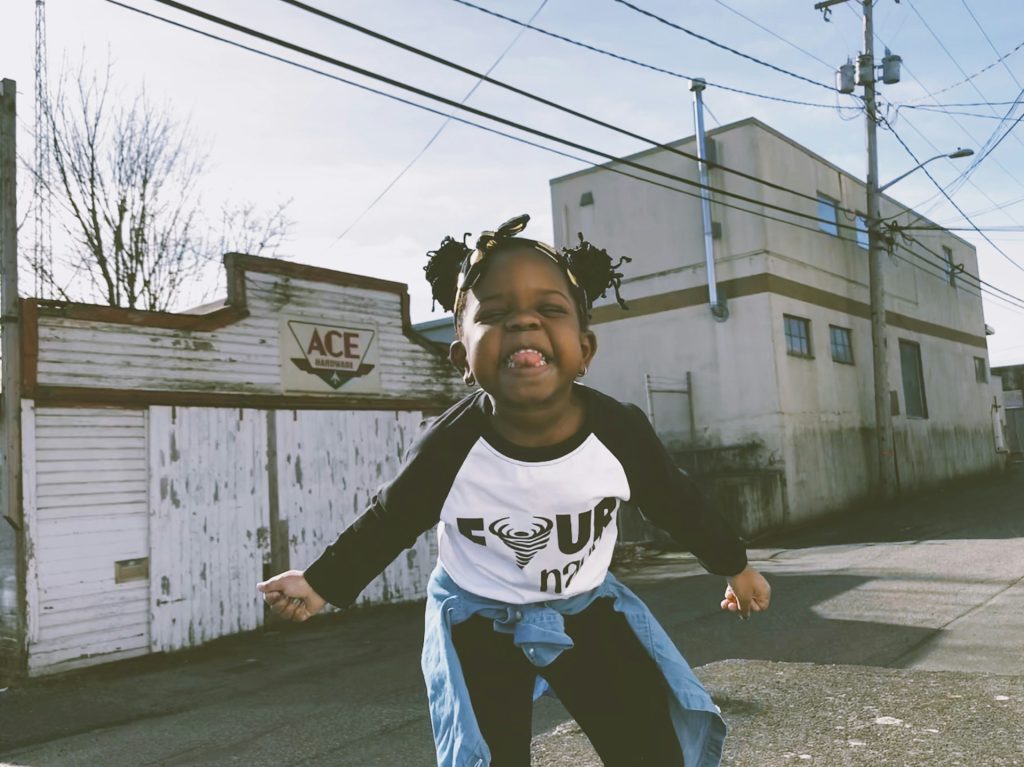
Children aren’t miniature adults with flawless self-control; they’re curious explorers who discover boundaries by occasionally crossing them. Each “oops” moment—from spilling milk to blurting out awkward questions—teaches crucial lessons about cause and effect, empathy, and self-regulation. When adults respond with harsh critique instead of calm guidance, kids may internalize shame rather than insight, shrinking their confidence to try again.
Quick forgiveness, on the other hand, signals that mistakes are stepping stones, not character flaws. As parents or caregivers, our grace lays the groundwork for resilient, open-minded learners who trust us enough to keep sharing their world.
Reacting gently to minor blunders doesn’t mean condoning bad behavior—it means recognizing developmental reality and choosing connection over conflict. Here are 9 silly mistakes you should forgive quickly:
1. Spilling Something… Again
Little hands are still refining grip strength and spatial awareness, so the occasional toppled cup is development, not defiance. Remain calm and pass your child a towel so they can participate in the clean-up. Demonstrate a steadier two-hand hold and explain why slow movements help. Praise their effort once the mess is gone to reinforce responsibility, not shame. Each spill becomes a lesson in coordination and accountability.
2. Forgetting Shoes on the Way Out
Executive-function skills—planning, memory, and sequencing—are far from finished in young brains. When bare feet appear at the door, treat it as a cue for teaching, not scolding. Keep spare flip-flops in the car to lower stress while habits form. Create a playful “head-to-toe” chant by the door, reviewing shoes last for an easy mnemonic. Consistency and humor will turn forgetfulness into routine.
3. Interrupting Adult Conversation
Impulse control matures slowly, so blurting out feels irresistible to many kids. Explain that conversations have turns just like their favorite games. Offer a silent cue—lightly touching your arm—so they can signal a need without cutting in. When they wait patiently, thank them specifically to reinforce the new skill. Over time, courtesy becomes second nature rather than forced compliance.
4. Asking Embarrassing Questions in Public
Curiosity overrides social filters in childhood, often at inconvenient moments. Whisper a brief, honest answer so your child feels heard without broadcasting details. Later, at home, discuss which topics are private and when it’s okay to ask aloud. Emphasize that questions themselves are never wrong—timing and place simply matter. This approach preserves curiosity while teaching empathy and discretion.
5. Drawing on Walls or Furniture
Creative impulses rarely come with built-in boundaries, so sofas and walls become tempting canvases.
Calmly redirect without scolding the artist’s intent: “Markers go on paper, not the couch.” Provide washable supplies and a dedicated art board or giant paper roll to channel inspiration. Or you could give your kids a template to draw a fun shape on. The main point is to praise every masterpiece created on the correct surface to cement the new rule. Clear expectations paired with positive feedback protect both imagination and décor.

6. Feeding the Dog Human Food
Sharing feels loving, yet children don’t grasp that certain snacks can harm pets. Explain in simple terms which foods are “doggy treats” and which are “people treats.” Involve your child in choosing or making safe pet snacks so they feel included. Celebrate each time they offer the correct treat to reinforce smart caregiving. Soon your child will see responsible feeding as another way to show love.
7. Sneaking an Extra Cookie
Temptation around sweets challenges adults and kids alike, so secret munching isn’t shocking. Use the moment to discuss hunger cues, balance, and why treats are occasional. Plan a baking session together, substituting healthier ingredients to empower better choices. Involve them in setting household snack guidelines so rules feel fair, not imposed. Transforming transgression into teamwork builds both trust and nutrition know-how.
8. Blaming the Sibling (or Imaginary Friend)
Pinning mistakes on others is an early defense mechanism, not malicious deceit. Calmly describe the evidence and explain how honesty fixes problems faster. Model accountability by admitting your own small slip-ups in daily life. Praise truthful admissions, even if they come after initial denial, to reward courage over blame. Gradually, owning actions will feel safer than deflecting them.
9. Mispronouncing a New Word Loudly
Language grows through trial, error, and plenty of public bloopers. Smile and gently repeat the word correctly so your child hears the model without embarrassment. Applaud their effort and curiosity; attempting big words is a sign of growth. Share a humorous story about a word you once mangled to normalize mistakes. Encouragement turns awkward moments into linguistic leaps.
Turning Slip-Ups into Stepping Stones
Responding with calm humor and quick forgiveness transforms household “uh-ohs” into confidence-building lessons. Children absorb our reactions like sponges; when we choose empathy over exasperation, they learn to approach life—and their inevitable future mistakes—with resilience and grace.
Which silly mistake tested your patience this week, and how might a faster forgive-and-teach response strengthen your bond with your child? Share your stories and strategies in the comments so fellow parents can learn from your experience!
Read More
- These Are the 6 Best Types of Neighborhoods to Raise Your Kids In
- Is Parenting Today Way Too Soft? Here’s Why It Might Be Hurting Your Kids

Samantha Warren is a holistic marketing strategist with 8+ years of experience partnering with startups, Fortune 500 companies, and everything in between. With an entrepreneurial mindset, she excels at shaping brand narratives through data-driven, creative content. When she’s not working, Samantha loves to travel and draws inspiration from her trips to Thailand, Spain, Costa Rica, and beyond.
Leave a Reply